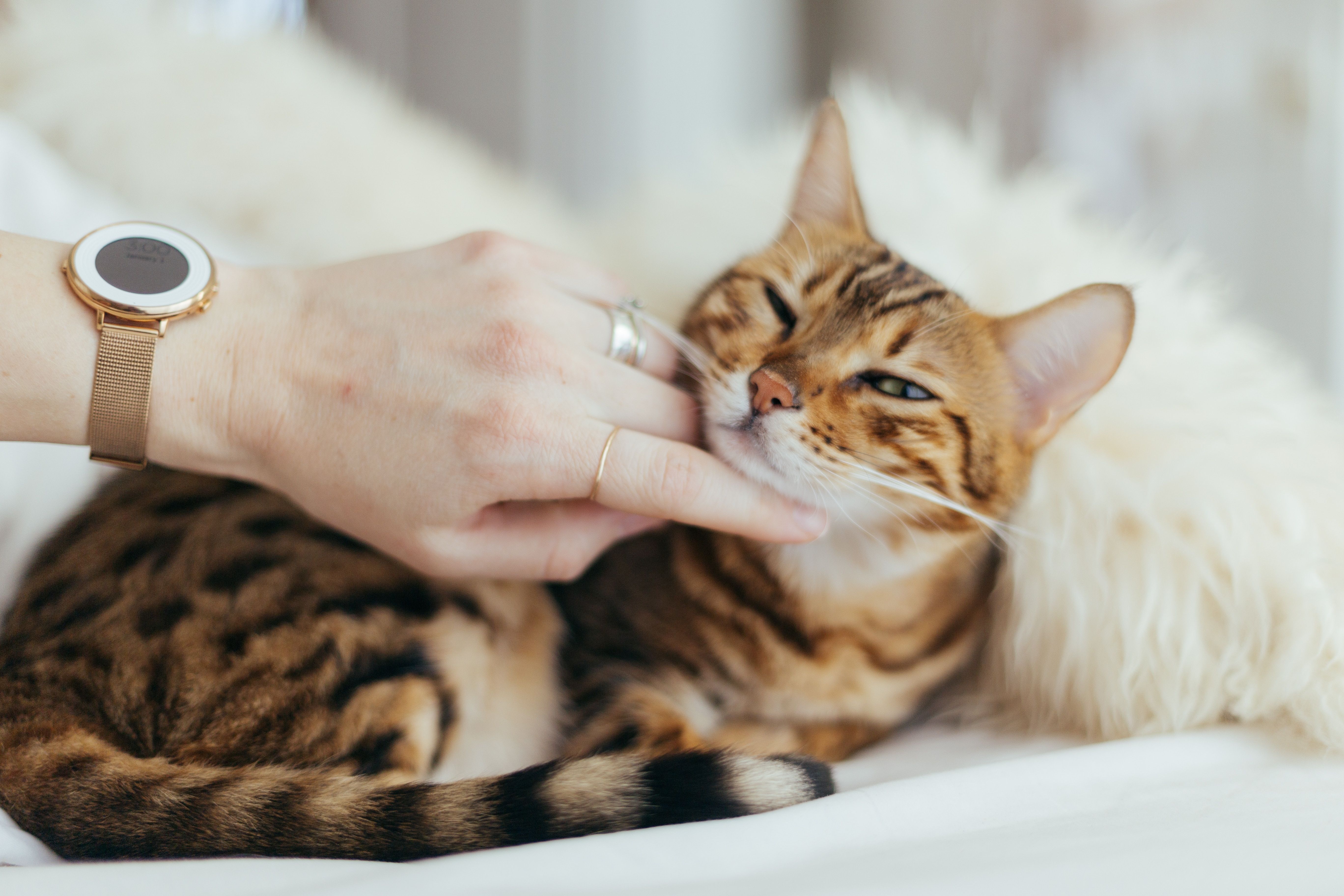Parasite spread by pet cats may improve entrepreneurship in humans
Did you ever stop to consider your new kitty is giving you a parasite? As absurd as it seems, pet cats spread a protozoan parasite called Toxoplasma gondii to humans. It’s spread by cats who, as hosts, enable the parasite to mature and spread by entering other hosts like rats. They grow in muscle and neural tissue and have been shown to change mice behaviour. Mice with T. gondii behave more aggressively and are more likely to be predated by cats. They’ve drawn interests from ecologists as an example of host manipulation by evolving the capacity to manipulate mice behaviour to re-enter cats for its own benefit. In humans, T. gondii is mostly symptomless but recent research suggests a similar behavioural effect on humans.
It’s already established that infected people are three times more likely to have car accidents and have increased suicide risk and neuroticism. But new research may have found another mental side effect of the parasite. A new study in the Proceedings of the Royal Society B conducted saliva analysis to compare people with and without T. gondii and found interesting correlations between T. gondii positivity and entrepreneurial behaviour.
It’s already established that infected people are three times more likely to have car accidents and have increased suicide risk and neuroticism
People with T. gondii were 1.4 times more likely to complete a business degree, 1.7 times more likely to focus on entrepreneurial areas of their degree, and twice as likely to start their own business than non-infected individuals. Additionally, data analysis from 42 countries concluded that T. gondii prevalence in individuals was a “consistent, positive predictor of entrepreneurial activity”.
Entrepreneurial careers are unstable as a high-risk and high-reward career, and the authors concluded that countries with greater numbers of people infected T. gondii didn’t have the fear of failure to dissuade them. They hypothesise that T. gondii encourages riskier behaviour like in mice, including entrepreneurship. Going forward, the researchers are keen to analyse whether infections increase chances of successful ventures and look for other behavioural changes.
Data analysis from 42 countries concluded that T. gondii prevalence in individuals was a “consistent, positive predictor of entrepreneurial activity”
However, it’s important to understand that correlation doesn’t imply causation. Whilst the causal mechanisms are established in rats, we, unfortunately, lack such insight in humans and research is needed to establish this. Regardless, as we learn more, perhaps the façade of cuteness is over for cats?

Comments